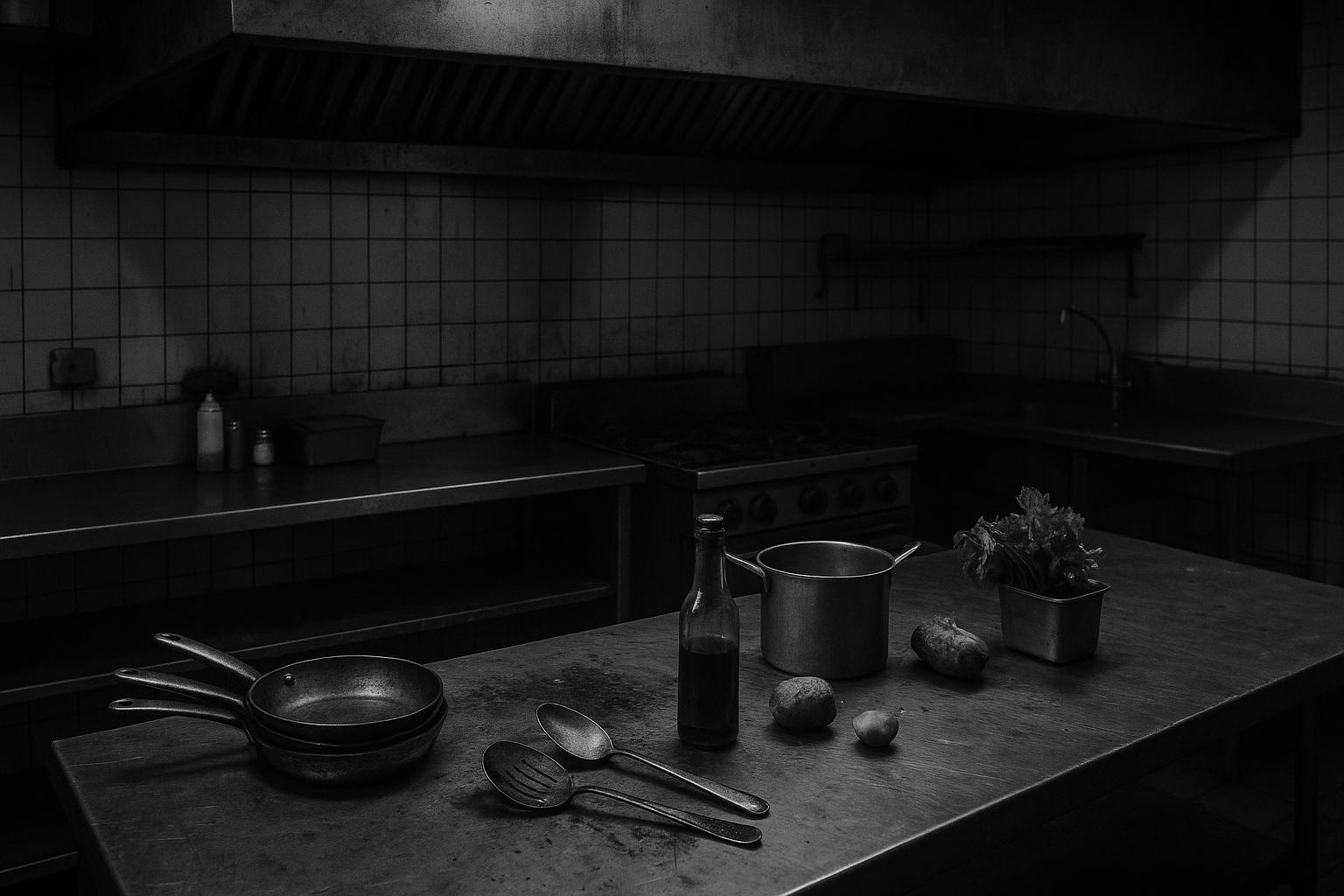James Martin, the well-known chef and television personality, has voiced his concerns about the precarious state of the hospitality industry, particularly in London. As the owner of several restaurants across the UK, he is acutely aware of the numerous challenges facing the sector. During recent discussions, Martin expressed that he has come to realise just how fragile the industry can be, highlighting the myriad external factors that can severely impact business viability.
Speaking candidly about the pressures in hospitality, Martin stated, “In hospitality, you're a victim of so many things you can't control.” His remarks come at a time when he is engaged in launching new culinary ventures at The Lygon Arms in Broadway, Gloucestershire, in collaboration with Iconic Luxury Hotels. These efforts are designed to foster innovation and improve the dining landscape, but they underscore the risks involved in an industry riddled with financial uncertainties.
Among the significant obstacles faced by restaurant owners, Martin cited soaring costs of core ingredients, driven partly by geopolitical events such as the ongoing war in Ukraine. “I can't dictate the price of grain,” he pointed out, noting that the rise in commodity costs has had a tangible impact on menu pricing, with meat prices surging dramatically. He also shared alarming statistics indicating that over 3,000 hospitality businesses in London have closed since the pandemic began, a trend that experts believe could worsen without substantial government intervention.
The financial strain on the hospitality sector is not limited to one or two establishments; it is a systemic issue. Michael Kill, CEO of The Night Time Industries Association, corroborated Martin’s insight, stating that operating costs for many venues have surged between 30% and 40% compared to pre-pandemic levels. He voiced a growing frustration within the industry, saying, “I hear a lot of businesses saying, 'I don't know what figures you're looking at, it really isn't going well.’” Kill's comments reflect a broader sentiment that, despite some narratives of recovery, many venues are struggling under a weight of increasing expenses—from energy bills to rent increases—that threaten their very sustainability.
Further complicating this already dire situation, industry analyses suggest that without urgent support from the government, the sector could face catastrophic losses. The need for immediate policy changes to alleviate the burgeoning financial pressures has become increasingly urgent, as many restaurateurs report operating at a loss. According to various industry leaders, including Martin and Kill, the current state of affairs represents a tipping point, where a lack of intervention could lead to widespread closures of cherished cultural institutions.
As he reflected on his love for cooking, Martin recalled fond memories of growing up in a farming family. His passion stems from a deep-rooted appreciation for fresh, home-grown ingredients, an ethos he strives to incorporate in his culinary ventures. “From the taste of that first tomato to pulling potatoes out of the ground,” he remarked, “working with food is all I've ever wanted to do.” However, the harsh realities of the current economic climate increasingly challenge not just individual aspirations but the entire fabric of the UK’s hospitality industry.
While James Martin continues to champion culinary creativity and excellence through his various TV shows and personal projects, the larger narrative speaks to a critical juncture for hospitality as a whole. The methods and means of nurturing this vital sector may require swift and innovative solutions if the UK is to preserve its rich culinary culture amid these profound uncertainties.
📌 Reference Map:
- Paragraph 1 – [1], [4]
- Paragraph 2 – [1], [2], [5]
- Paragraph 3 – [3], [6]
- Paragraph 4 – [5], [7]
- Paragraph 5 – [1], [4]
Source: Noah Wire Services
